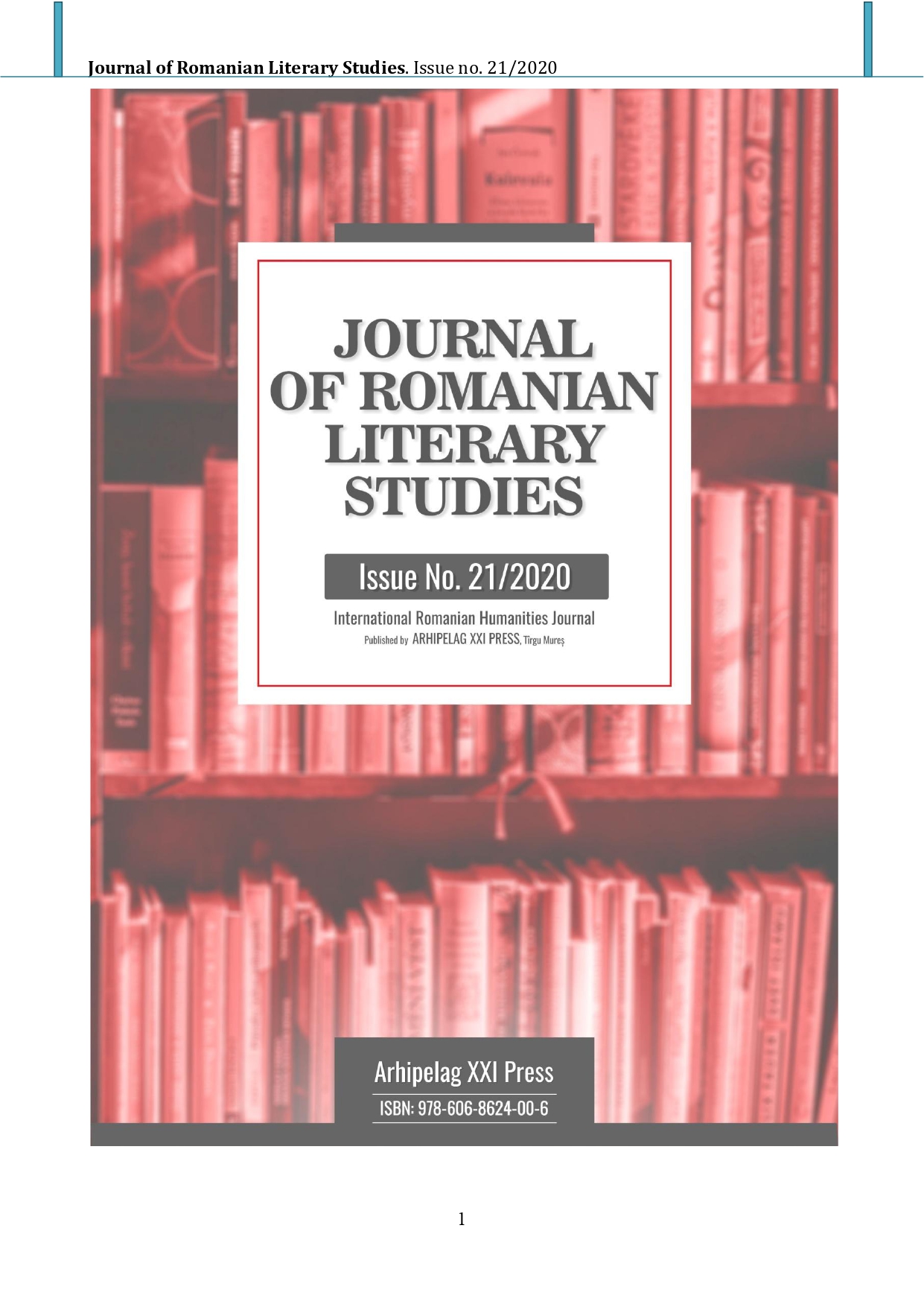PROLETCULTISM IN THE POETRY OF ALEXANDRU ANDRIȚOIU
PROLETCULTISM IN THE POETRY OF ALEXANDRU ANDRIȚOIU
Author(s): Marcela-Claudia Moza (Erdelyi)Subject(s): Poetry, Romanian Literature, Philology, Theory of Literature
Published by: Editura Arhipelag XXI
Keywords: proletcultism; poetry; working class; country; party;
Summary/Abstract: The proletarian phenomenon represents the manifestation of the class struggle and the hostility in the field of culture. It is the cause of the degradation of art and culture. „Proletcultism” is a word that belongs to the Soviet vocabulary that presents the emergence of a new culture in which the „interests and aspirations of the proletariat” are purseud. Proletcultism is a cultural current whose agreeable ideas were restricted to the idea of forming a „ purely proletarian” culture, which rejects all the cultural legacy of the past, stating that it is not useful to the people. The lyric is set to serve the political objectives of the time, coming out its meaning, narrating paintings from the communist struggle or deeds of work, presenting them as models of politico-social behavior, and the poet’s feelings and connections with the world being suppressed. Alexandru Andrițoiu was: „a new poet of new times”, lyrically capturing the pulse of a revolutionary era. The praise is addressed to the people, the working class, the party, the country and the supreme leader. Socialist realism requires the poet to really highlight his revolutionary progress. The poet uses the poetical orientation given by the revolutionary activity, whose catchword is the controlled soul testimony: „I am a communist!”. The theme, simple and rigid at the same time, from his poems was the result of the imperative according to which literary writings had to be created „on the language and meaning of the people”.
Journal: Journal of Romanian Literary Studies
- Issue Year: 2020
- Issue No: 21
- Page Range: 929-934
- Page Count: 6
- Language: Romanian

